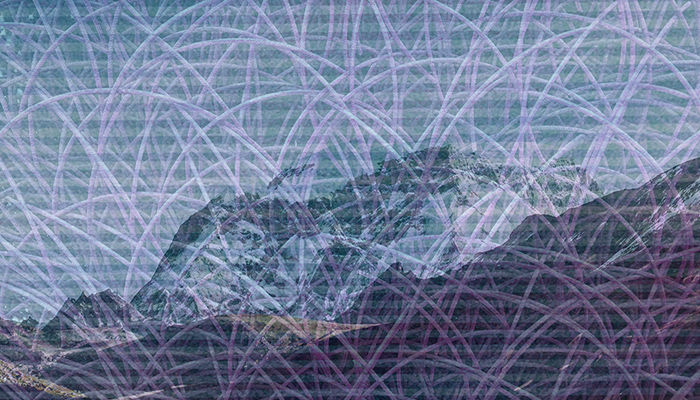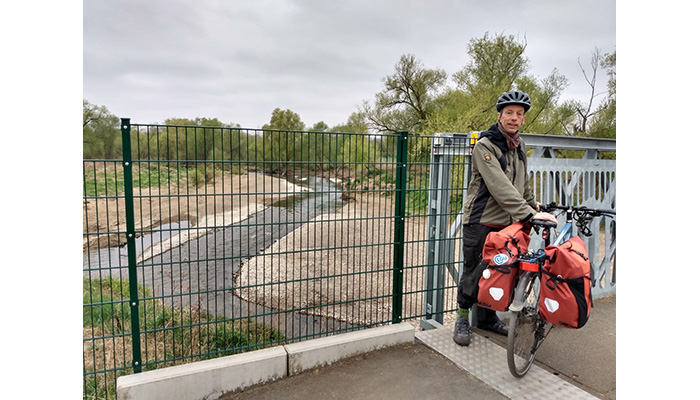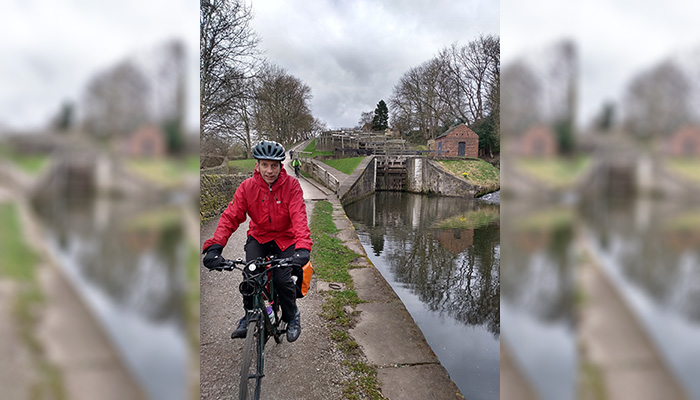For all those of us who write research funding proposals, the massive avenue of powerful AI methods poses a serious challenge: how can we appropriately include such methods in our next research project? Is it mandatory, or can we happily focus on our field, lab or numerical methods that we used to always work with? For proposal evaluators, on the other hand, there is this feeling that many proposa ...[Read More]
My Riverside journey by bike to EGU, part 3
After 15 days of cycling, I’m beginning to feel hopeful that we might even reach Vienna. The latest setback has been catching Covid (I think), which required 18 hours of sleep in our tent to recover. We’ve been on the Danube for the past few days, currently outside Regensburg Cathedral, where we’ve just joined the Easter Sunday mass. I must admit that we took a train to link betw ...[Read More]
My Riverside journey by bike to EGU, part 2
We’ve now been pedalling (unaided by batteries, in case you were wondering) for six days along the Rhine. I’m writing this in the warmth of the evening sun, sparkling off the river, flowing gently past tonight’s campsite, which occupies the hundred metre wide floodplain between the left bank and a steeply-sloping vineyard. Today’s ride took us through Koblenz, where the Mos ...[Read More]
By bike to the General Assembly in Vienna
I’m Duncan Faulkner, a hydrologist working for JBA Consulting, and also President of the British Hydrological Society. My first General Assembly – in Hamburg Thirty years ago, 1995, I was about to board a plane for the European Geophysical Society (EGS) General Assembly in Hamburg, to present my first paper at a conference (on statistical modelling of rainfall, if I remember right). Mu ...[Read More]




